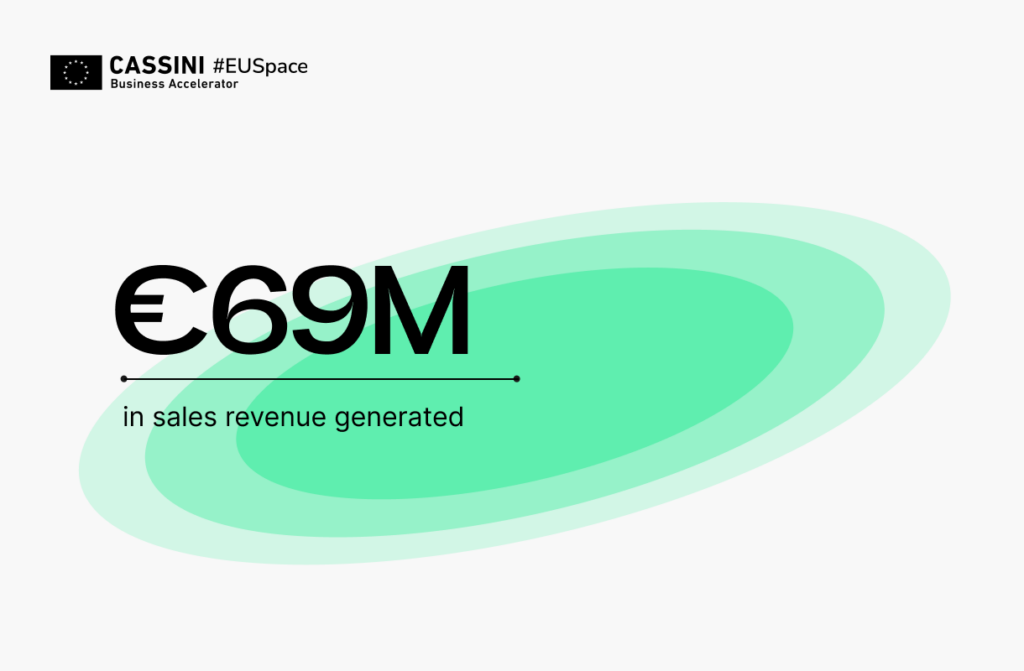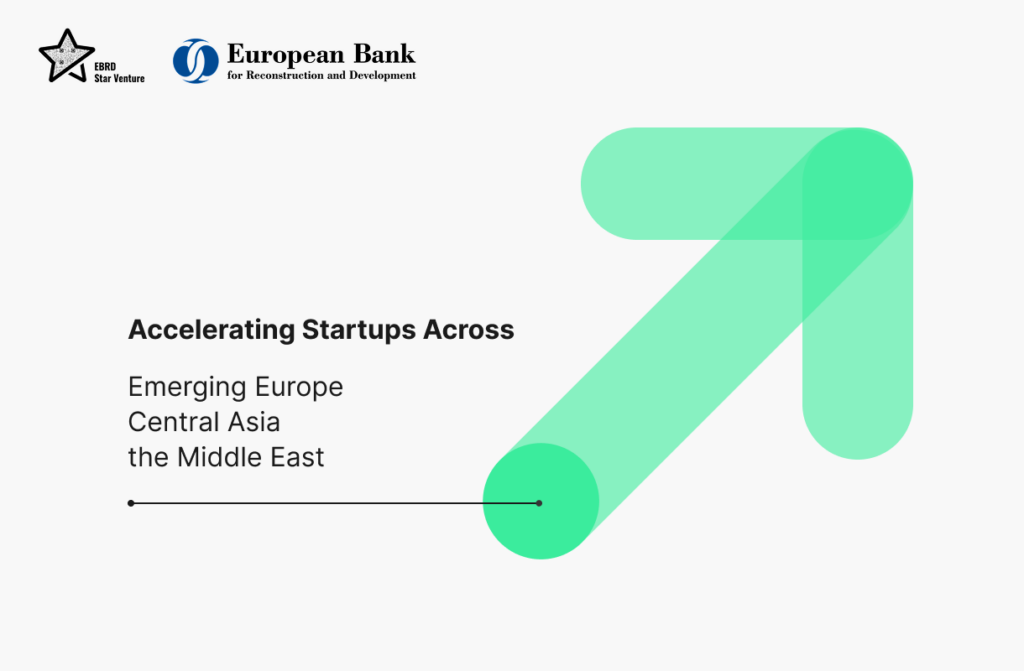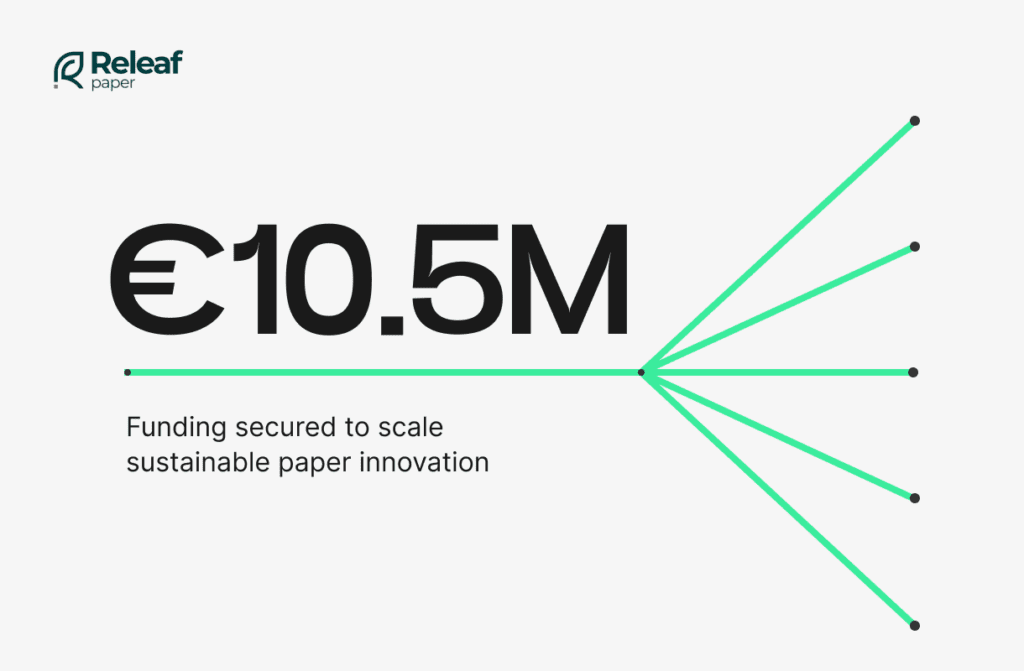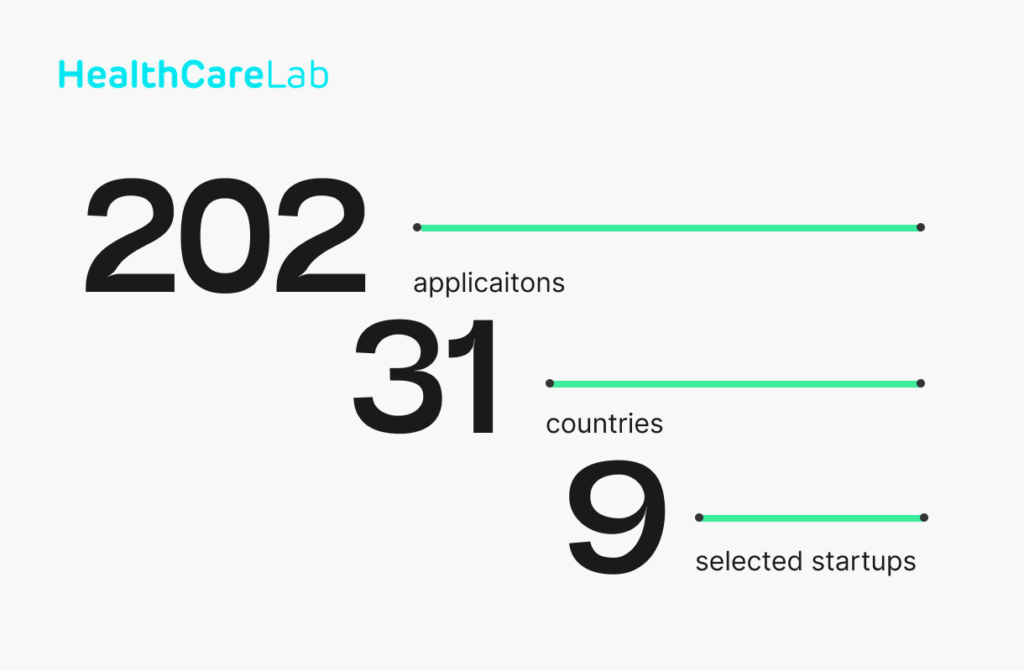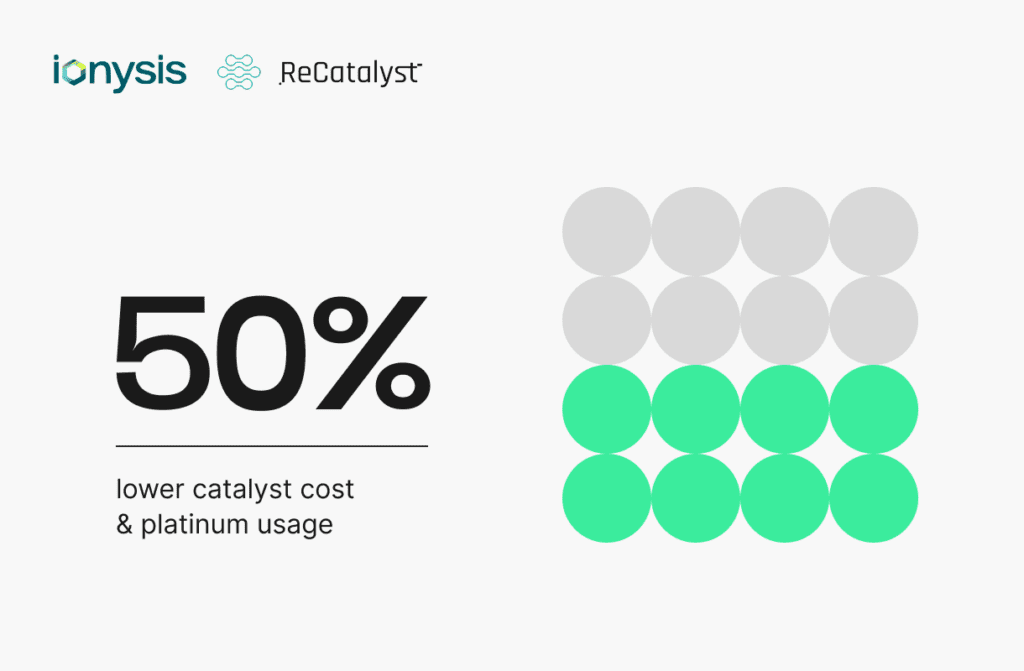BOWI: boosting digital innovation hubs across Europe
Client
The European Commission (EC)The background:
Today, digitalisation is a crucial aspect of a business. However, many companies and organisations are lagging behind, particularly in Central Eastern Europe (CEE). The European Commission (EC) identified this problem and initiated a mission to reduce the gap in digital transformation between all European countries. This goal resonated with us at Civitta, and we decided to join this journey.
Aim of the project:
We have offices in 21 countries across CEE and the Nordics, which allows us to gain a broader perspective of Europe and better understand each market’s needs and challenges. Thanks to this ability, we secured nearly €8 million in funding from the EC and started the BOWI project.
We aimed to develop a widening network of digital innovation hubs of different levels and support their cooperation. Since our idea was completely new, we treated it as an experiment and tried different models to see what would work best.
The project took place from January 2020 to October 2023. During this time, the COVID-19 pandemic hit the world, forcing us to limit our communication to online channels only. The biggest challenge we faced was the cultural differences between countries and the ability to meet only online. It led to a prolonged process of building trust and mutual understanding, which changed only after lifting COVID restrictions when we could physically visit each country.
At first, we developed tools for effective collaboration between digital innovation hubs from different European regions. We called these networks Corridors – as they should function as a corridor between regions that facilitate more collaboration for other stakeholders. We gave digital innovation hubs the opportunity to learn from each other and developed a clear step-by-step methodology to do so. This structural approach helped the collaborations continue even after the initial projects were over, which is a significant achievement.
The BOWI project was successful because it created and tested new tools for building structural, long-term collaboration between different regions. While policymakers discussed the challenges of organising such collaboration, BOWI developed and tested tools that regional policymakers, clusters, digital innovation hubs, and other stakeholders can use. We developed these tools using a pedagogical approach to learning, which consists of a holistic approach that includes training, templates, coaching, and peer learning.
Services provided:
- Strengthening widening-hubs through practical experiments and fostering collaboration between proto-hubs and mature hubs.
- Ensuring the sustainability of the BOWI network by developing a blended financing accelerator and membership model.
- Establishing the BOWI community, engaging widening-hubs, hubs from non-widening Europe, regional stakeholders, and investors.
- Coordinating the entire project and managing its communication efforts.
- Writing the project application to secure funding from the European Commission.
- Leading a consortium of experienced partners (Civitta, FBA, VTT, and RWTH).
- Managing technical reporting and overseeing quality control.
- Organising online and physical events to raise awareness among various target audiences, including policymakers, the IT industry, and digital innovation hubs.
- Developing the project website.
Project results:
During the BOWI project, we used our knowledge and expertise to support 60 companies. We trained 15 digital innovation hubs to collaborate efficiently and effectively using our methodology. Now, we are developing business plans to establish new Corridors.
Only a few projects that receive grants from the EC continue to explore the outcomes after the purchases have been completed. However, our methodology has been a great success story, and we are optimistic about the prospects of scaling up the lessons learned from the project.
A small group of four organisations is committed to further developing and utilising the lessons learned by establishing the DIHNET Academy.
The DIHNET Academy aims to assist all European regions in fostering collaboration. The academy will provide theoretical frameworks, tools, coaching, and network support to enable the replication of our success. We have already raised awareness, made commercial offers, and acquired our first paying clients.

